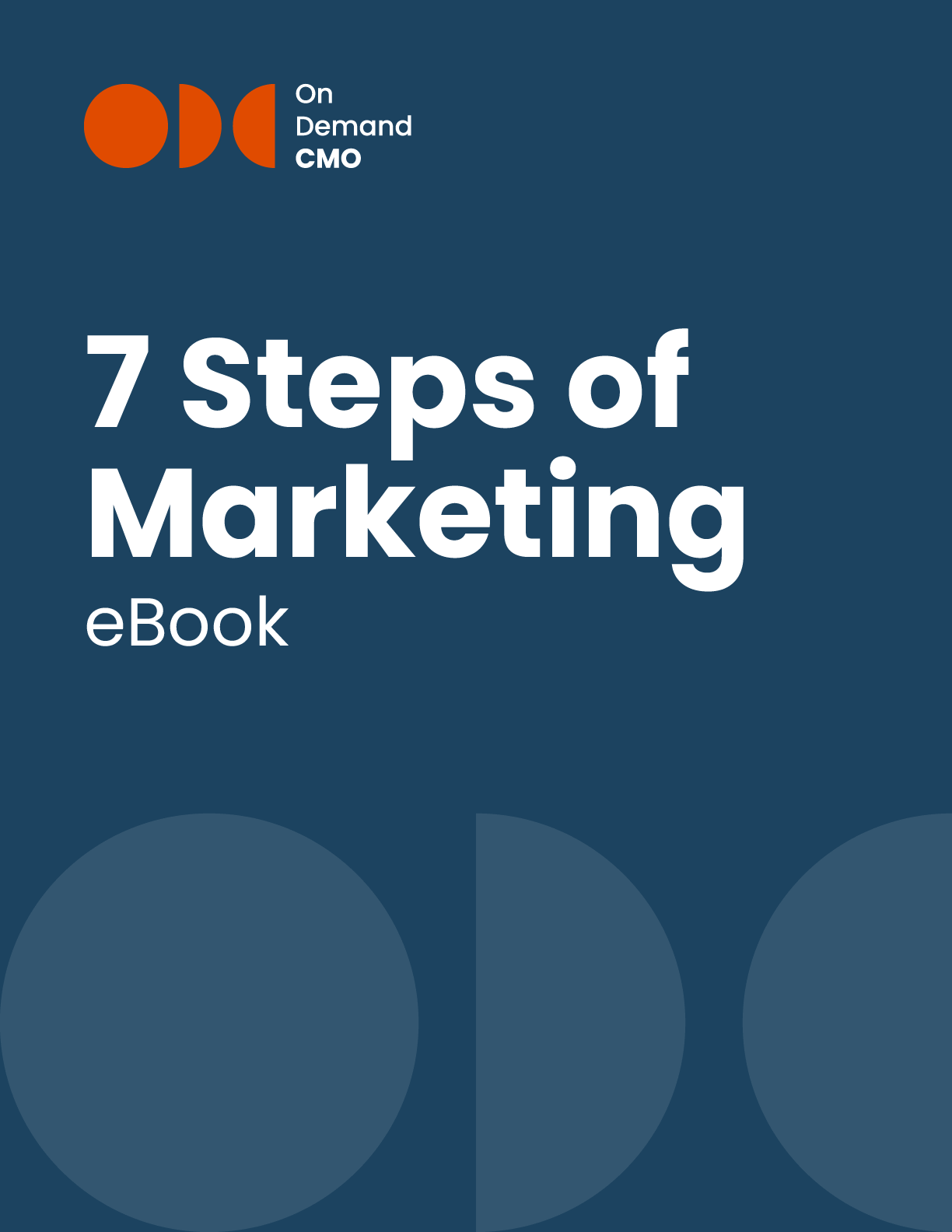Sometimes, the smartest move that you can make with an abandoned or under-performing social media platform is just to walk away. My clients often find that they aren’t actually able to invest the appropriate amount of time they would need to find success with a social campaign. Other times, the strategy hasn’t been properly thought out, and the return on investment for the time that was spent simply isn’t there. In either of these scenarios, it is crucial to step away from a social media platform gracefully.
Maybe an ambitious social media marketing strategy isn’t providing the ROI that you hoped it would, or maybe managing your social media feed is becoming too time-consuming to justify as a worthwhile opportunity cost. As a business owner, sometimes your energy would simply do more good if it were directed elsewhere. As Kenny Rogers would put it: you’ve got to know when to hold ‘em and when to fold ‘em.
Just like a breakup, closing out a channel of communication with your customers is a process that needs to be handled carefully and delicately. Far too often, companies make the mistake of simply vanishing from social media and abandoning their Twitter feed or Facebook page. This is a very, very bad idea, for a couple reasons. The core steps to negotiating a disciplined retreat rather than a panicked scramble are as follows.
- Do not abandon your account. Not under any circumstances. Nothing looks more unprofessional or confusing for someone who is searching for your business than a dead Twitter feed that hasn’t been updated in months or years. Besides the image problem, relinquishing or losing track of your account carries the added risk that others may notice and seize the opportunity to impersonate you. Whether you intend to keep using your account or not, you should always maintain control over it, update your passwords regularly, and restrict who has access.
- Communicate with your followers. Even though accounts are often abandoned precisely because of low or non-existent follower counts, it is still never a good idea not to communicate any transitions through the channel that you intend to close. Instead of just closing down, pin a tweet or an update at the top letting visitors know where you can still be reached, such as through email or a different social media account. This also has the added benefit of making it look more like a strategic regrouping than a retreat. Take a moment to offer a succinct, positive, professional message that makes them aware of the change. It is not necessary (or particularly recommended) to go into the details of why you are closing down an account. It is perfectly sufficient to say, “For more updates, please find us at www.ourbusiness.com or subscribe to our email newsletter here.”
- Redirect your followers. When you step away from a social media account, any following or goodwill that you have fostered online does not need to vanish with it. Unless online harassment has been a problem, take a moment to let your followers know about other places online where they can still access the information that they were getting in your social media feed. If harassment has been a problem, remember the golden rule: Do not feed the trolls, and consider calling in professional PR or marketing consultation to handle the transition.
- Set your account to private. Once you’ve left a way for existing followers to find you elsewhere, it is sometimes a good idea to change your account settings to private. This is especially useful if the old account was embarrassingly sparse, irregularly updated, or otherwise compromised. Doing so will protect your past tweets and posts without making your handle available to be reclaimed by others.
- Continue to monitor your business’ social media presence. Whether or not you continue to actively contribute to a social platform, that doesn’t mean that others aren’t using it to talk about you. It’s still just as important to remain diligently aware of what others are saying about your business on social media as you would if it were still active. Doing a cursory check every once in a while can help you get ahead of PR problems before they become problems.
Making the decision to retreat from a social media platform can sometimes be just a good business decision, as you identify the strategies that are not working effectively for your business. The key is to step away from a social media platform with grace, while limiting your exposure to risk.
